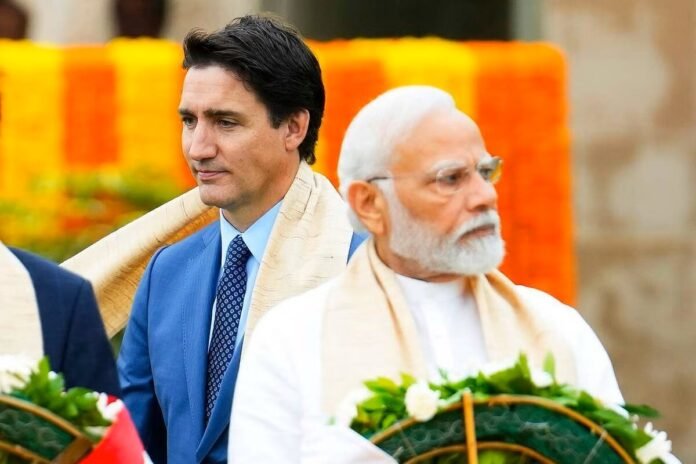The recent revelation that India meddled in Canadian elections, being identified as a ‘foreign threat’, has sparked widespread concern and scrutiny. The revelation comes at a time of heightened awareness regarding foreign interference in democratic processes worldwide. Let’s delve into this issue and explore its implications.
The assertion of India’s meddling in Canadian elections as a ‘foreign threat’ has sent shockwaves through the diplomatic corridors of both countries. It underscores the evolving nature of global politics, where traditional alliances are tested, and new challenges emerge.
The allegation of Indian interference in Canadian elections raises questions about the extent and nature of such meddling. While specific details regarding the alleged interference remain undisclosed, the mere suggestion of foreign interference in democratic processes is deeply troubling. It strikes at the heart of democratic principles and threatens the integrity of electoral systems.
Foreign interference in elections undermines the fundamental tenets of democracy, such as free and fair elections, and erodes public trust in the democratic process. It subverts the will of the people by seeking to influence electoral outcomes through illicit means, including disinformation campaigns, cyberattacks, and covert operations.
The identification of India as a ‘foreign threat’ in the context of Canadian elections highlights the complexities of modern geopolitics. It underscores the need for greater vigilance and cooperation among nations to combat the rising tide of foreign interference in democratic processes.
While the specifics of India’s alleged meddling in Canadian elections remain unclear, it is essential to address the broader issue of foreign interference comprehensively. This includes strengthening cybersecurity measures, enhancing transparency in electoral financing, and promoting media literacy to combat disinformation.
Moreover, the revelation of India’s meddling in Canadian elections underscores the need for robust mechanisms to detect, deter, and counter foreign interference. This requires close collaboration between government agencies, law enforcement authorities, and civil society organizations to safeguard the integrity of democratic institutions.
The allegation of Indian interference in Canadian elections also has diplomatic ramifications, potentially straining bilateral relations between the two countries. Diplomatic channels must be utilized to address such concerns transparently and constructively, with a view to preserving mutual trust and cooperation.
Furthermore, the identification of India as a ‘foreign threat’ in the context of Canadian elections highlights the broader issue of geopolitical rivalries and power dynamics in the international arena. As global powers vie for influence and leverage, smaller nations like Canada must navigate a complex geopolitical landscape fraught with competing interests and agendas.
In responding to allegations of foreign interference, it is essential to uphold democratic values and principles, including the rule of law, freedom of expression, and respect for human rights. This requires a concerted effort by governments, civil society, and the international community to defend democracy against external threats.
The revelation of India’s alleged meddling in Canadian elections serves as a wake-up call for democracies worldwide to remain vigilant and proactive in safeguarding the integrity of electoral processes. It underscores the importance of maintaining robust democratic institutions, fostering media freedom, and promoting civic engagement to counter external threats.
In addition, the identification of India as a ‘foreign threat’ in the context of Canadian elections highlights the growing menace of foreign interference in democratic processes. It underscores the need for concerted action by governments, civil society, and the international community to defend democracy against external threats and preserve the integrity of electoral systems. As democracies confront the challenges posed by foreign interference, it is imperative to uphold democratic values and principles and strengthen resilience against such threats.

